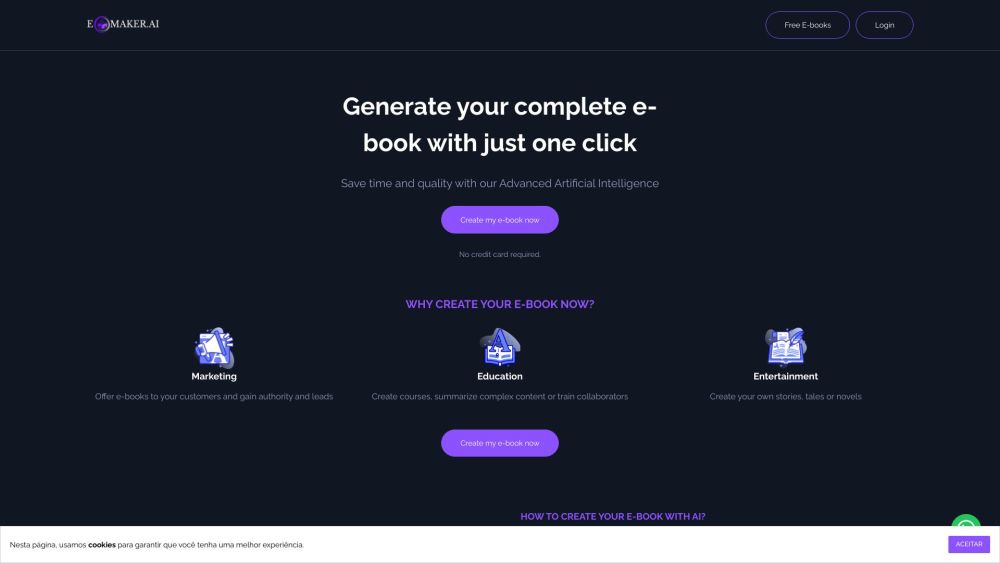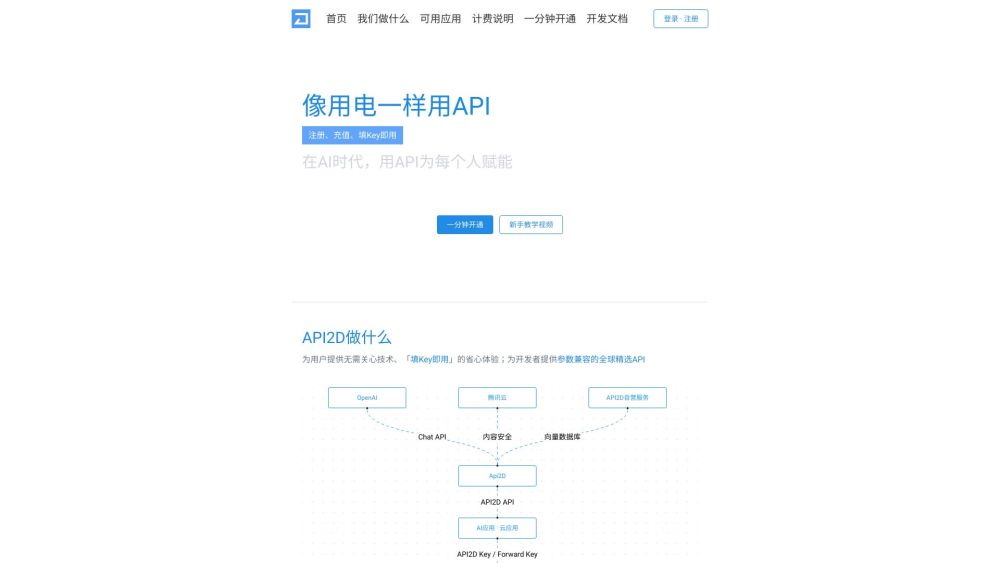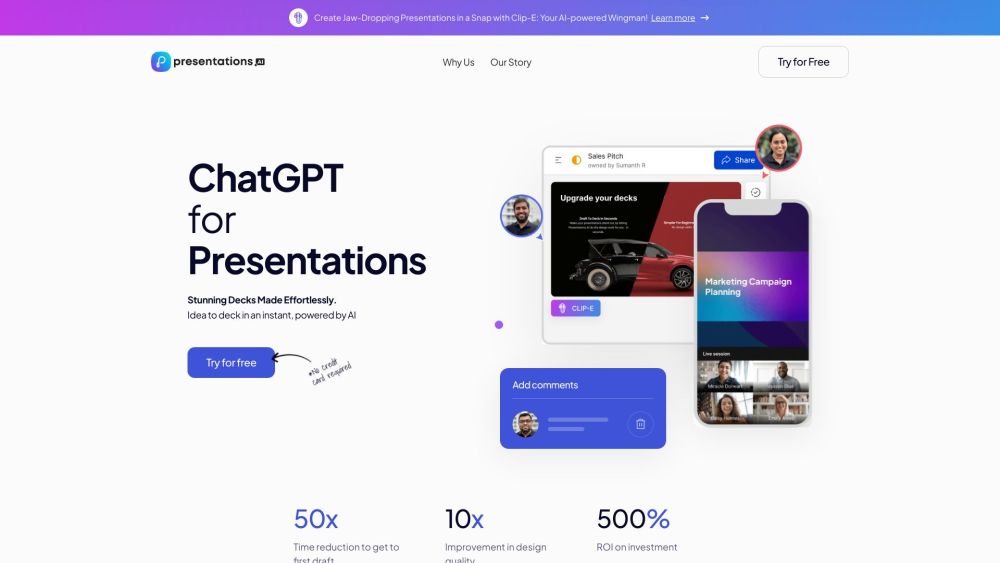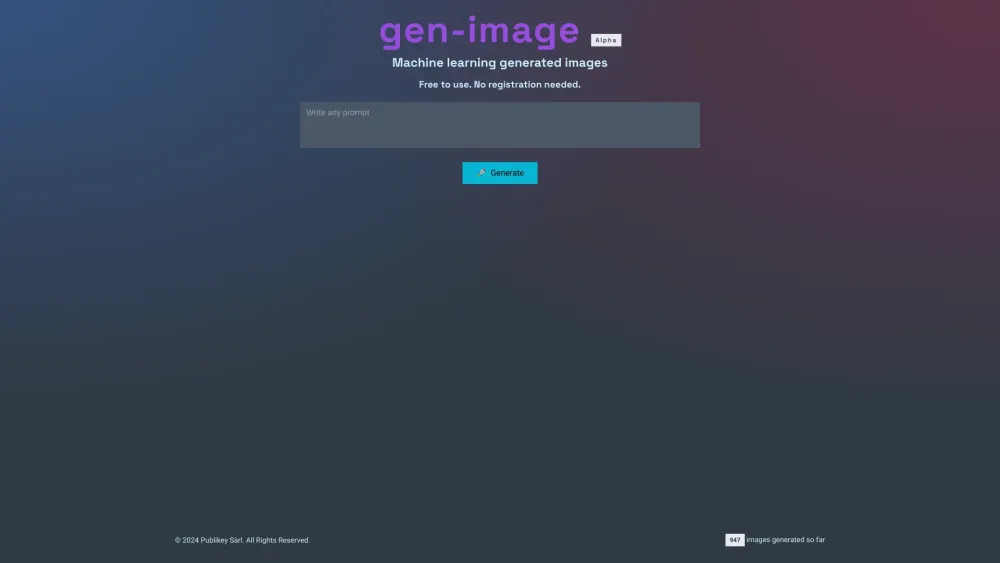OpenAI's ChatGPT Team Predicts Emergence of Superintelligent AI Within a Decade: Researching Ways for AI to Oversee AI
Most people like

Effortlessly generate ebooks with the power of AI. With just a single click, you can transform your ideas into a professional-quality ebook in no time.

API2D is a powerful OpenAI API designed to seamlessly connect with third-party applications, enabling a variety of AI tasks such as natural language processing (NLP), machine learning (ML), conversation generation, and language translation. This versatile tool enhances the capabilities of developers and businesses looking to integrate advanced AI functionalities.

Presentations.AI is an innovative AI-driven application designed to empower users in crafting visually appealing presentations with ease.

Introducing our powerful free AI image generator, designed to transform your creative ideas into stunning visuals effortlessly. With advanced algorithms and user-friendly features, this tool allows you to create high-quality images tailored to your specifications. Whether you’re a designer, marketer, or simply looking to bring your imagination to life, our AI image generator offers endless possibilities at no cost. Explore the future of digital art and unleash your creativity today through our cutting-edge technology!
Find AI tools in YBX
Related Articles
Refresh Articles
